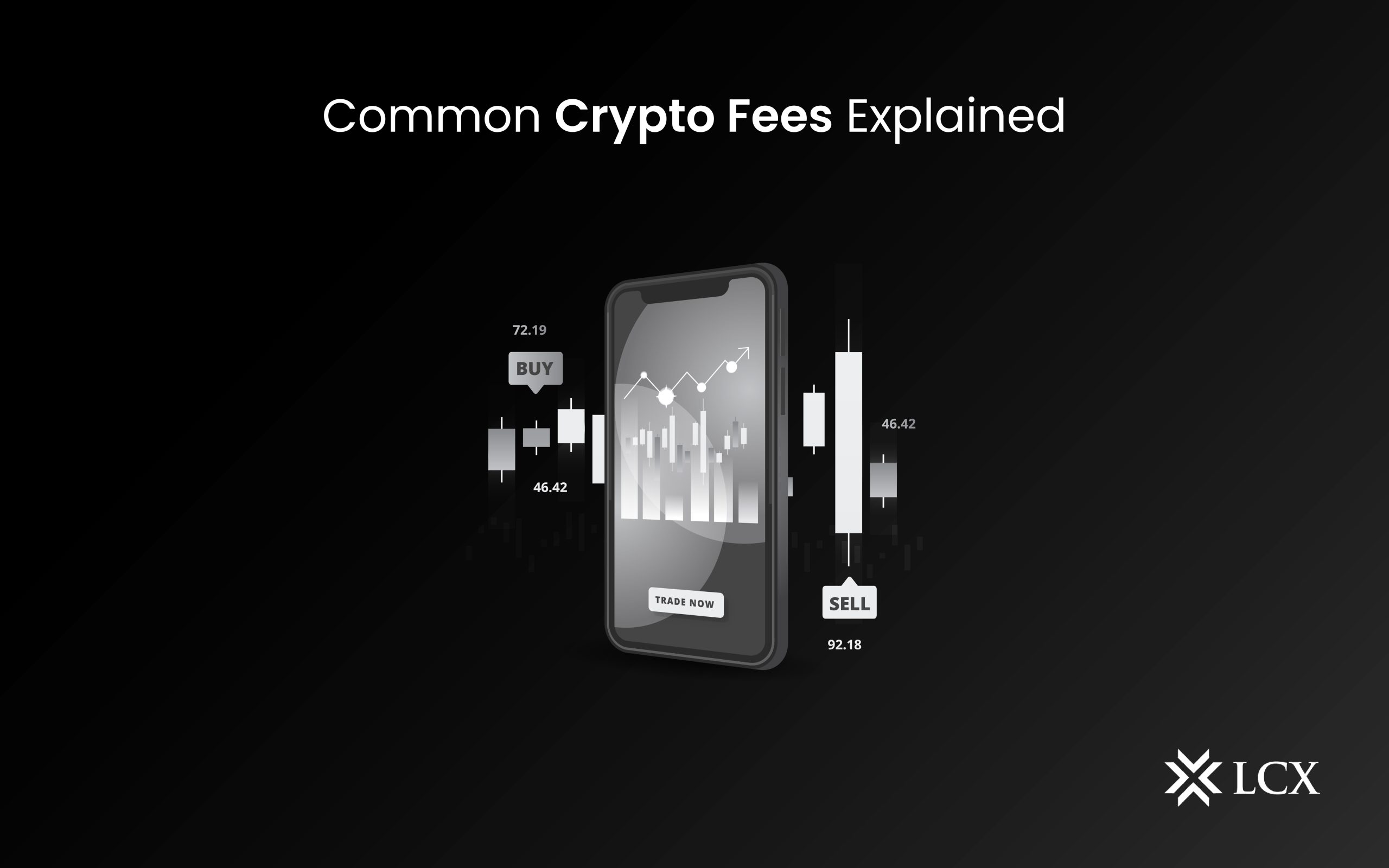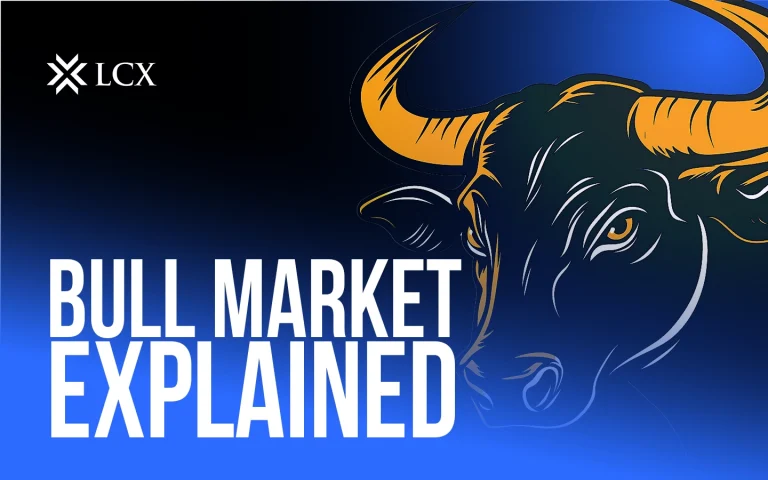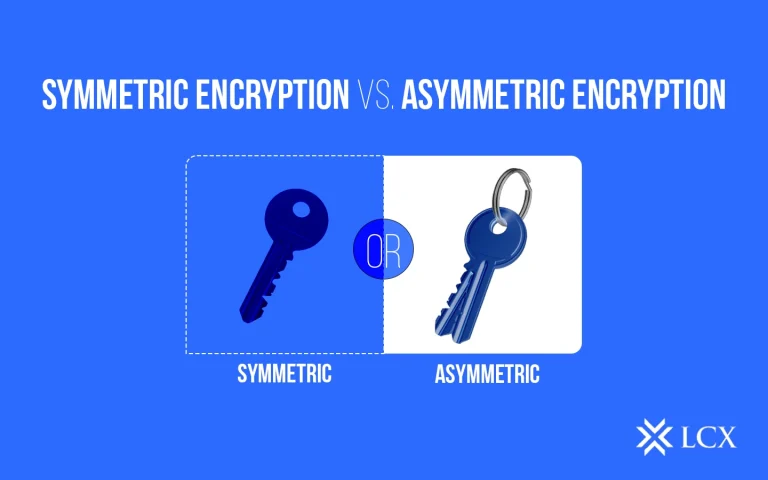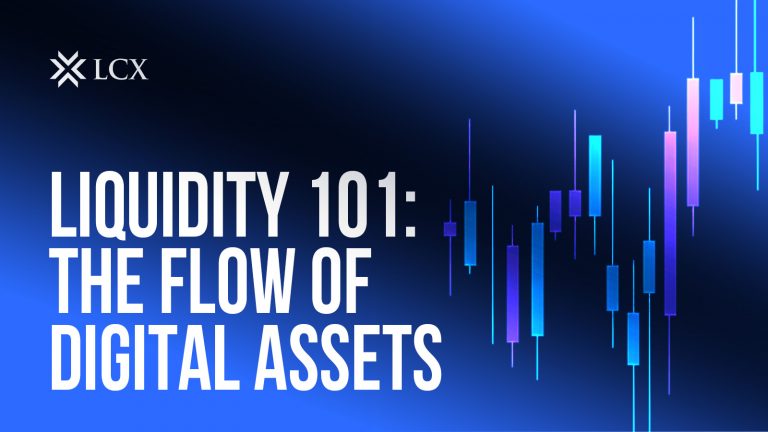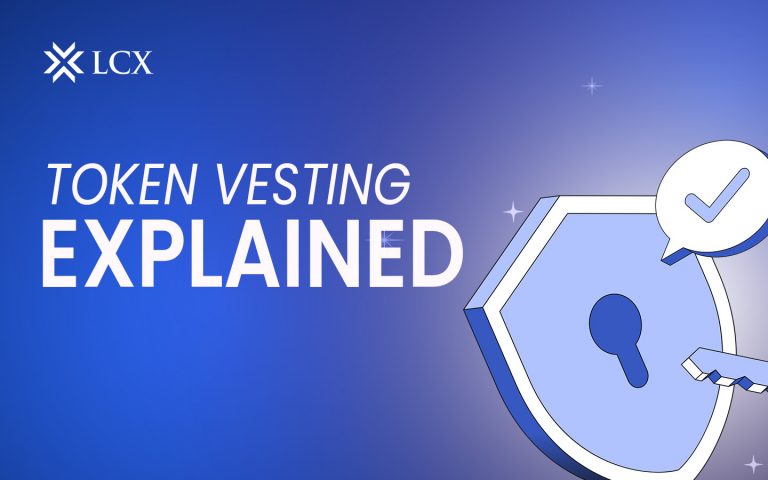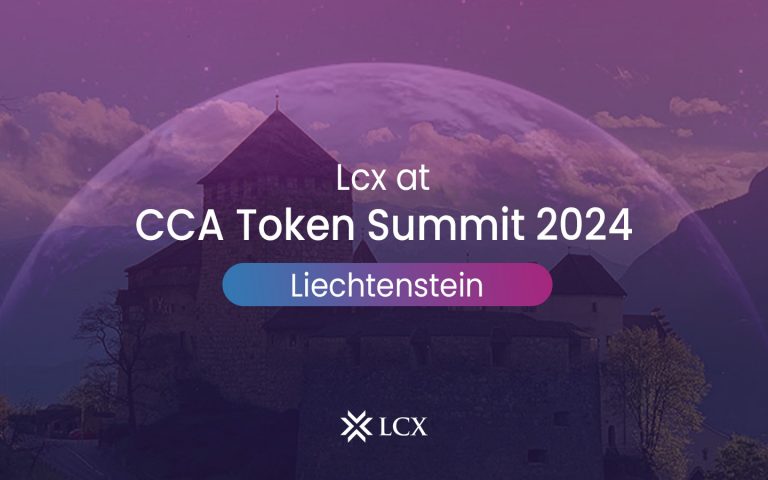If you’re new to cryptocurrency, you might think that the fees charged by exchanges are a minor detail. After all, every other financial transaction involves some kind of fee, right?
But there’s actually a lot more involved than just buying and selling coins on an exchange. Let’s take a look at some of them:
Different Types of Crypto Fees
Crypto activities involve different fees for trading, exchanging and doing any transaction. Traders will have to pay a fee when they buy or sell cryptocurrencies. The amount of this fee depends on the cryptocurrency pair you are dealing with, some charge high gas fees and some less.
While some exchanges don’t charge any transaction fees because they’re other revenue sources, others may charge depending on their policies and regulations set by regulators around the world.
Considering the fact that different protocols charge different fees for their services, let’s take a closer look at some of the fees we have all paid over the years.
Gas Fees
Gas is a fee you pay for running transactions or contracts on Ethereum or any other blockchain. The more complex the contract, the more gas it takes to run it.
In the case of the Ethereum blockchain, Gas is paid in Ether and the price of gas is determined by the amount of computational power required to execute your transaction or contract.
Withdrawal and Deposit Fees
Withdrawal and deposit fees are the most common fees you’ll encounter in cryptocurrency. A withdrawal fee is a fee charged to move your coins out of an exchange. Deposit fees are charged when someone deposits funds into an exchange’s wallet (similar to an online bank account), which is how many people use cryptocurrency exchanges these days.
Maker & Taker Fees
Maker: The person who places an order in the order book to buy or sell a cryptocurrency at a specific price.
Taker: The person who places an order in the order book to buy or sell a cryptocurrency at the best available price.
Staking Fees
Staking is a way of earning interest on your crypto holdings. In this process, you can lock up your coins for a set period of time and receive dividends in return. The more coins you stake, the more you will earn in interest payments.
- Proof-of-Stake (PoS): PoS systems use an algorithm to verify transactions without using any central authority as miners do in proof-of-work (PoW) systems. Instead, participants must invest their own funds into securing the network by locking them up for some period of time which enables them access to rewards once their investment matures out over time due to its inflationary nature; this feature makes PoS highly desirable because it allows users who don’t have excess funds lying around at all times but still want some sort of return from holding onto their digital assets long enough before selling them off or cashing out altogether!
Different platforms charge different rates and have different fee structures. Make sure you know what they are before choosing an exchange.
The rates and fees vary from platform to platform. Some charge a flat rate for all transactions, while others have different rates for buying and selling cryptocurrencies.
:LCX charges 0.3% on all buys and sells but if you use LCX Token then it comes down to 0.15% .
Conclusion
In conclusion, it is important to know the different fees that you will be charged for trading on an exchange. Different platforms charge different rates and have different fee structures. Make sure you know what they are before choosing an exchange.
